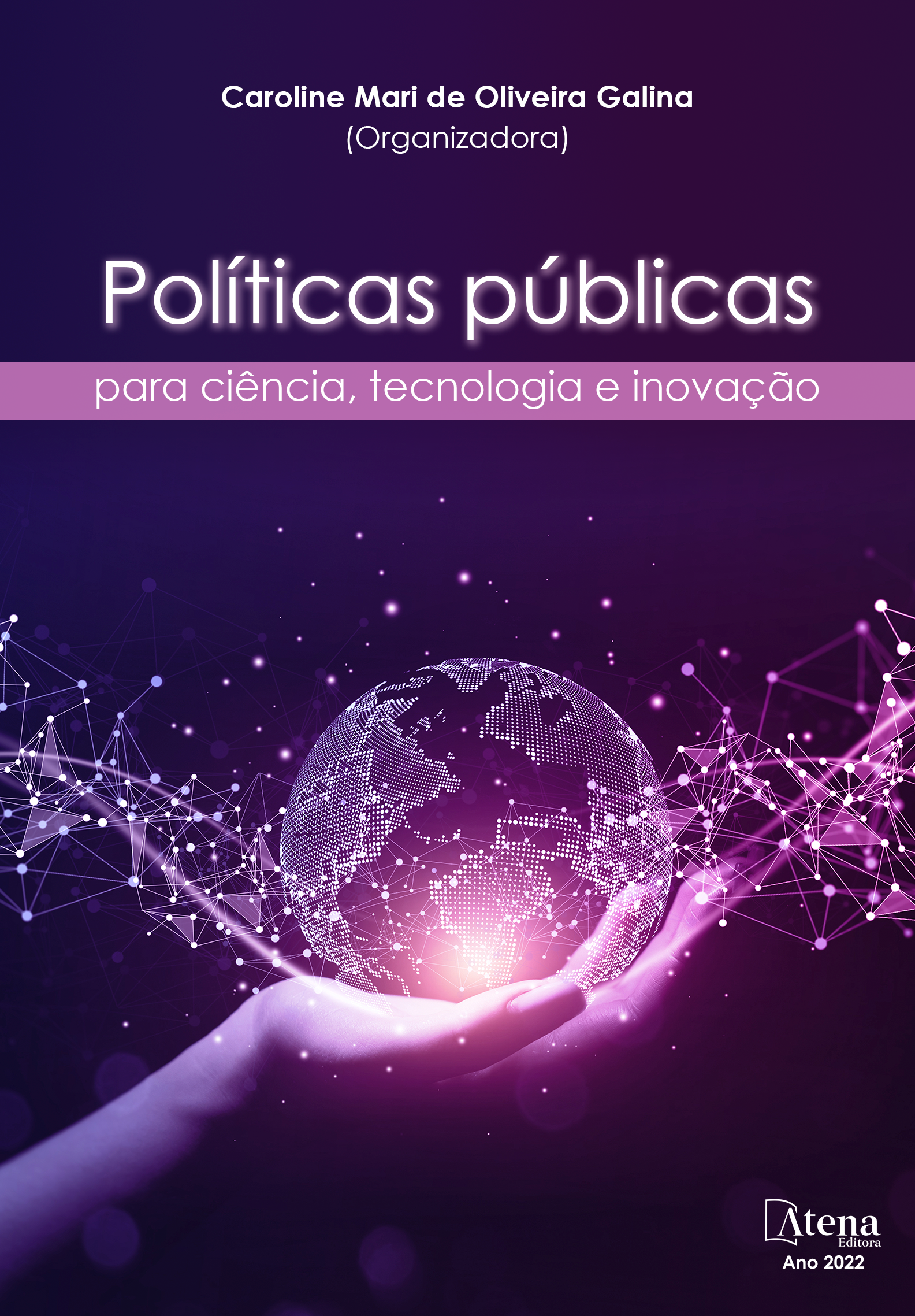
FONTES ALTERNATIVAS DE FINANCIAMENTO À ICT PÚBLICA: LIMITES E POSSIBILIDADES DA LEI DO BEM
Objetivo do estudo: Este artigo teve por objetivo compreender as razões da limitação no usufruto dos incentivos fiscais por empresas que inovam, por meio da lei do bem, apontando possíveis alternativas para renúncia fiscal. Metodologia: A análise documental legal e para-legal e, também, a investigação à luz de entrevistas realizadas levando em consideração as instituições envolvidas no processo de assessoramento, avaliação, aprovação e auditoria de projetos de P&D para concessão de benefícios via Lei do Bem, e beneficiário dos incentivos fiscais. Originalidade/Relevância: Em razão do forte ajuste fiscal realizado no âmbito do governo federal, que tem derrubado o investimento em pesquisa, desenvolvimento e inovação (PD&I), as Instituições de Ciência e Tecnologia (ICT) públicas estão buscando fontes alternativas de financiamento, cujos incentivos fiscais à PD&I empresarial, permitidos pela Lei do Bem, se apresentam como interessante alternativa. Assim, a relevância gerencial e acadêmica está em estudo inédito que investiga o porquê as empresas não conseguem empregar o artigo 19-A, que trata especificamente de projetos de PD&I em cooperação com ICT. Principais resultados: Os resultados obtidos identificaram quais as razões para a não utilização da lei do bem, isto é, do instrumento de incentivo à inovação, a saber: i) complexo e excessivo processo de aprovação prévia; e ii) ausência de edital de chamamento público válido. Contribuições teóricas/metodológicas: O estudo evidenciou resultados inédito, por meio da abordagem qualitativa, que aprofundou o poder explicativo de pesquisas sobre o fenômeno de políticas de incentivos à inovação e captação de recursos no Brasil, no âmbito dos financiamentos às Instituições de Ciência e Tecnologia (ICT) possibilitados pela lei do bem. Contribuições sociais/para a gestão: Evidenciou-se que, embora a super dedução de impostos não esteja vigente, as empresas podem usufruir dos benefícios dos art.17, 18 e 19 por meio de parcerias com ICTs.
FONTES ALTERNATIVAS DE FINANCIAMENTO À ICT PÚBLICA: LIMITES E POSSIBILIDADES DA LEI DO BEM
-
DOI: 10.22533/at.ed.18922060410
-
Palavras-chave: Políticas de Inovação no Brasil, incentivos à inovação, renúncia fiscal, captação de recursos.
-
Keywords: Innovation Policies in Brazil, Incentives for innovation, Tax exemption, Fundraising.
-
Abstract:
Objective of the study: The objective of this article is to understand the reasons for the limitation in the use of tax incentives by innovate companies, through the Lei do Bem (Good Law), showing possible alternatives for tax exemption. Methodology: The legal and para-legal document analysis and also the research through of interviews carried out considering the institutions involved in the process of advising, evaluating, approving and auditing R&D projects for granting benefits via the Lei do Bem, and beneficiary of tax incentives. Originality/Relevance: Due to the strong fiscal adjustment carried out within the scope of the federal government, which has brought down investment in research, development and innovation (RD&I), public Science and Technology Institutions (STI) are looking for alternative sources of financing, whose tax incentives to corporate RD&I, permitted by the Lei do Bem, are an interesting alternative. Thus, the managerial and academic relevance is in an unprecedented study that investigates why companies are unable to use Article 19-A, which deals specifically with RD&I projects in cooperation with STI. Main results: The results obtained identified the reasons for not using the Lei do Bem (Good Law), that is, the tool to develop the innovation, as: i) complex and excessive prior approval process; and ii) absence of a valid public call for proposals notice. Theoretical/methodological contributions: The study showed unprecedented results, through the qualitative approach, which deepened the explanatory power of research on the phenomenon of policies to encourage innovation and fundraising in Brazil, within the scope of financing to Science and Technology Institutions (STI) made possible by the lei do bem. Social/managerial contributions: Although the super deduction of taxes is not in force, it was evidenced that companies can enjoy the benefits of art.17, 18 and 19 through partnerships with ICTs
-
Número de páginas: 16
- Juliana Evangelista da Silva Rocha
- André Tortato Rauen
- Cleidson Nogueira Dias


